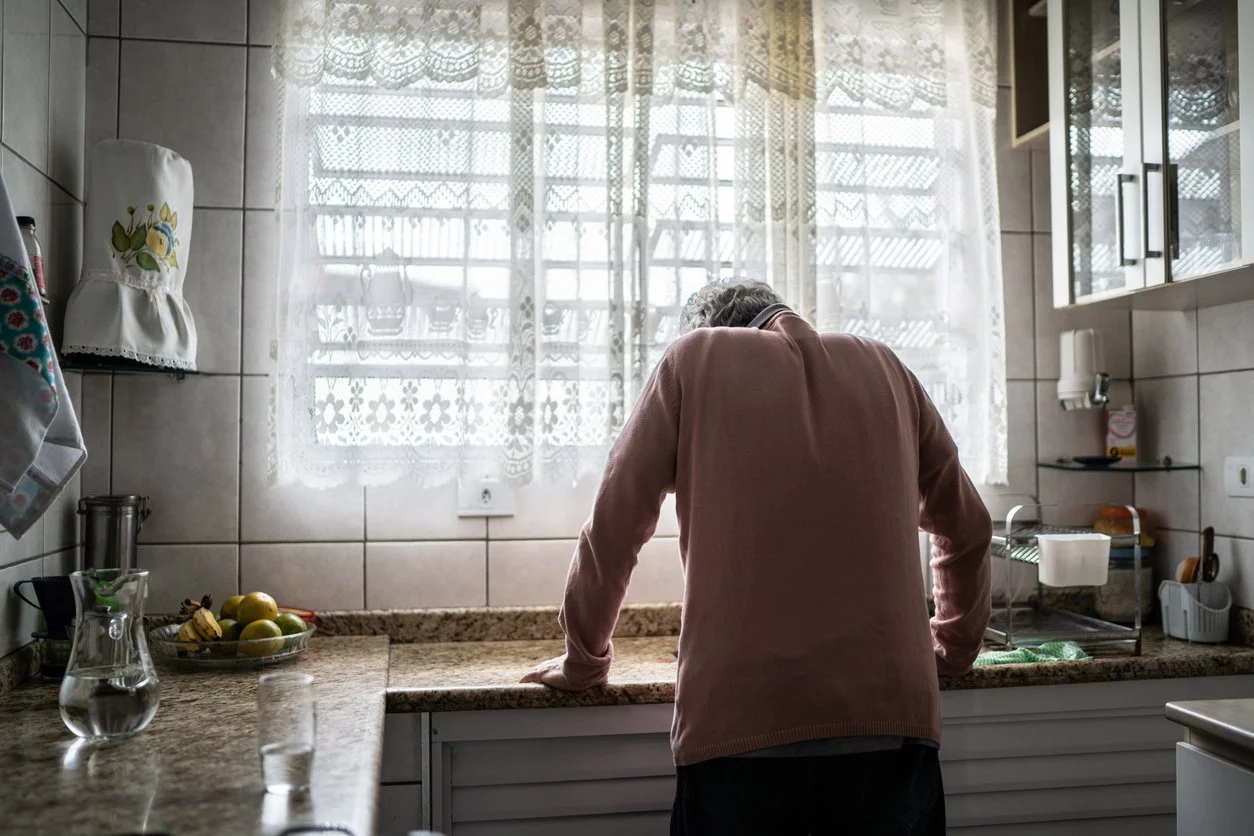Is It Safe To Leave My Loved One Alone in the House?
One of the biggest responsibilities that comes with caring for a loved one with Alzheimer's disease is keeping them safe. This can be challenging as Alzheimer’s is a progressive disease, and so it can be hard to know when your loved one’s capabilities have declined to the point that you can no longer leave them alone by themselves in the house while you run an errand, for example, without risking a safety hazard.
One basic consideration is whether your loved one can be safe while alone during their typical daily routine. Anottaking decisions quickly and effectively is NOT typically something that our loved ones with Alzheimer's can do easily.
Here are some signs that indicate it is no longer safe to leave your loved one alone in the house:
Wandering: If your loved one begins leaving the house without letting you know, or they wander aimlessly around the house or outside, leaving them alone can be dangerous. They could get lost, fall, or encounter other safety hazards.
Forgetting to turn off appliances: If your loved one begins to forget to turn off a faucet or appliances such as the stove, or oven, this could pose a hazard if they are left alone in the house.
Increased confusion and memory lapses: If your loved one is becoming increasingly more confused or disoriented, or has trouble recognizing familiar people and surroundings, it may be unsafe to leave them alone. Since your loved one’s condition may render them unable to respond appropriately if there is an emergency, you should periodically check this by, for example, asking them what they would do if they saw a fire or smoke in the house. Ask them who they would call for help, and have them show you how they would call the person they have identified. If your loved one answers incorrectly (for example they no longer know they need to call 911 and how to do that on their phone) then leaving them alone is not a good idea.
Difficulty with daily tasks: If your loved one has trouble performing everyday functions such as preparing meals, taking medication properly, or maintaining hygiene, leaving them alone could increase the risk of their getting hungry, becoming sick, or having an accident while you are away.
Increased falls: Your loved one may be experiencing an increase in falls or other physical hazards, due to a decrease in mobility, vision problems, or impaired judgment. If this is the case, leaving your loved one on their own could lead to serious injury if no one is present to help them if they fall.
Changes in behavior such as increased anxiety or agitation: Leaving your loved one alone can be a challenge if they are experiencing increasing anxiety or agitation, rapid changes in emotions, bouts of suspicion or paranoia, or withdrawal from social contact. These behaviors could be a sign that your loved one is uncomfortable being left alone, or could engage in behaviors that could result in their harm.
If you notice any of these signs or you have concerns about your loved one’s safety, it is always best to err on the side of caution and seek additional support and assistance from your NAN Navigator, or a healthcare professional.
Related articles:
Strategies To Reduce The Risk Of Wandering
Please talk with your own/loved one’s healthcare provider before using any of this information.

